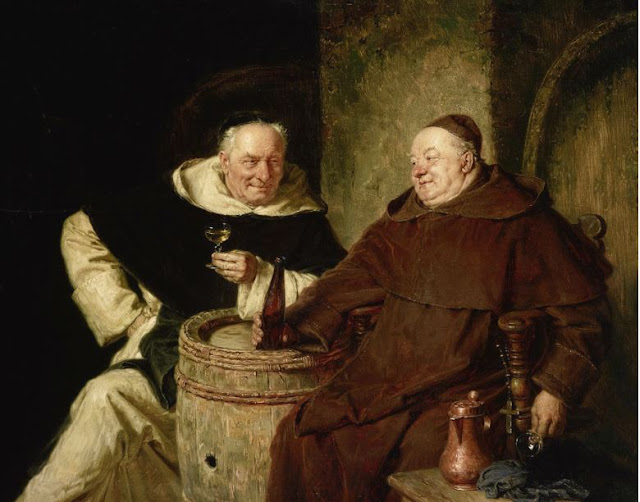Politics, Prayer, Patrimony, Pelosi, The Pope & Pro Life

Illustration by Cleon Peterson | The New Yorker | Screenshot Making Prayer a Political Problem Once Again Dr. Christopher Shannon, September 23, 2021 | CWR The conventional, modern Catholic gloss on this problem has been to assert that Catholic values guide the use of technology. Thus, in our own time, it is not unusual for parish priests to devote a few homilies a year to the dangers of the internet, warning the faithful to stay away from “bad” sites, usually a euphemism for pornography. Daniélou’s great reversal, his emphasis on the social and cultural conditions of faith, would flip the emphasis from content to form. Were Daniélou alive today, I suspect that he would argue that the problem with the internet (not to mention “smart” phones) is less the way we use it than how it uses us: a restructuring of our life, not just our work life but our leisure and social life as well, to conform to the demands of the technology. Thus, disembodied “social” media increasingly becomes the norm











